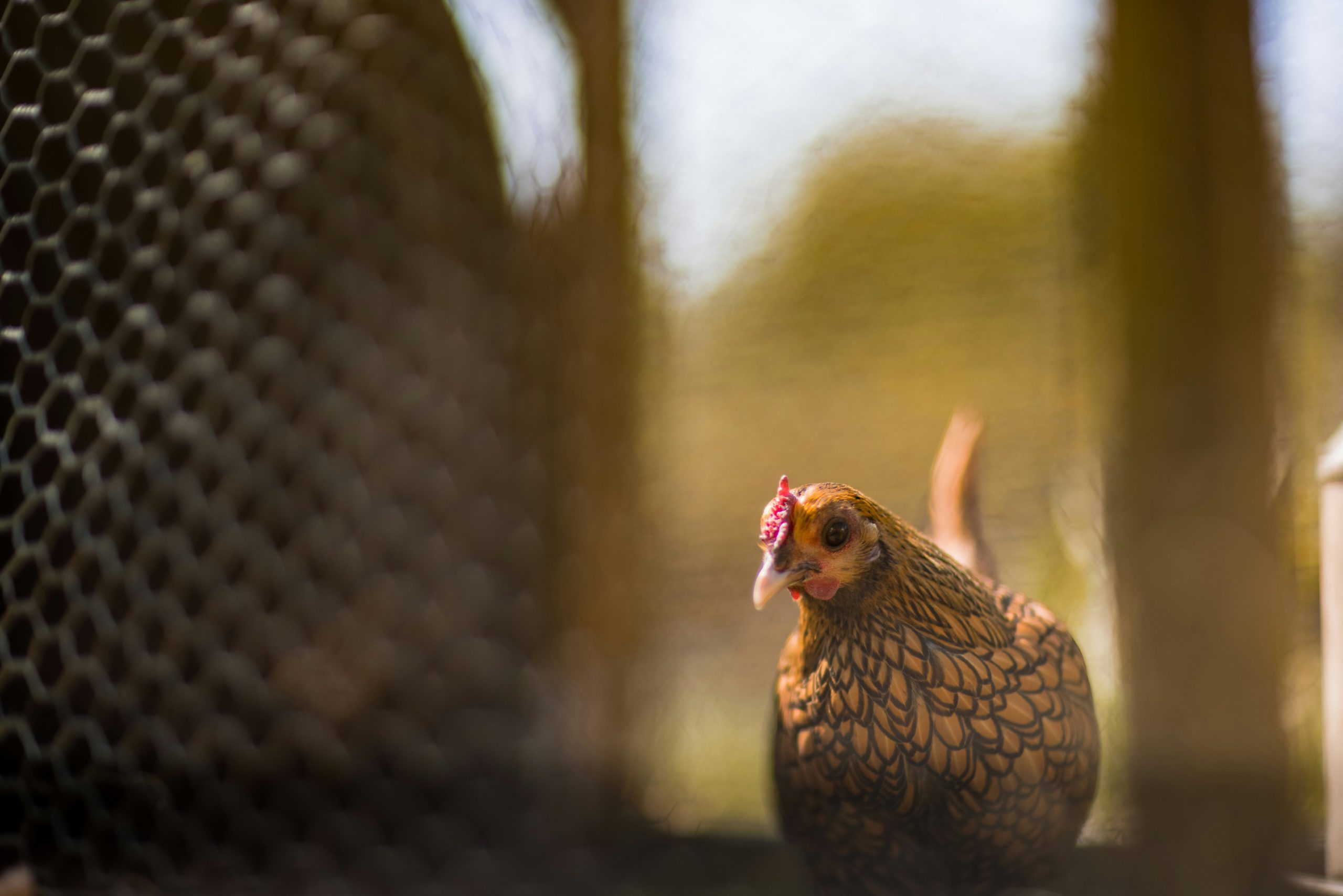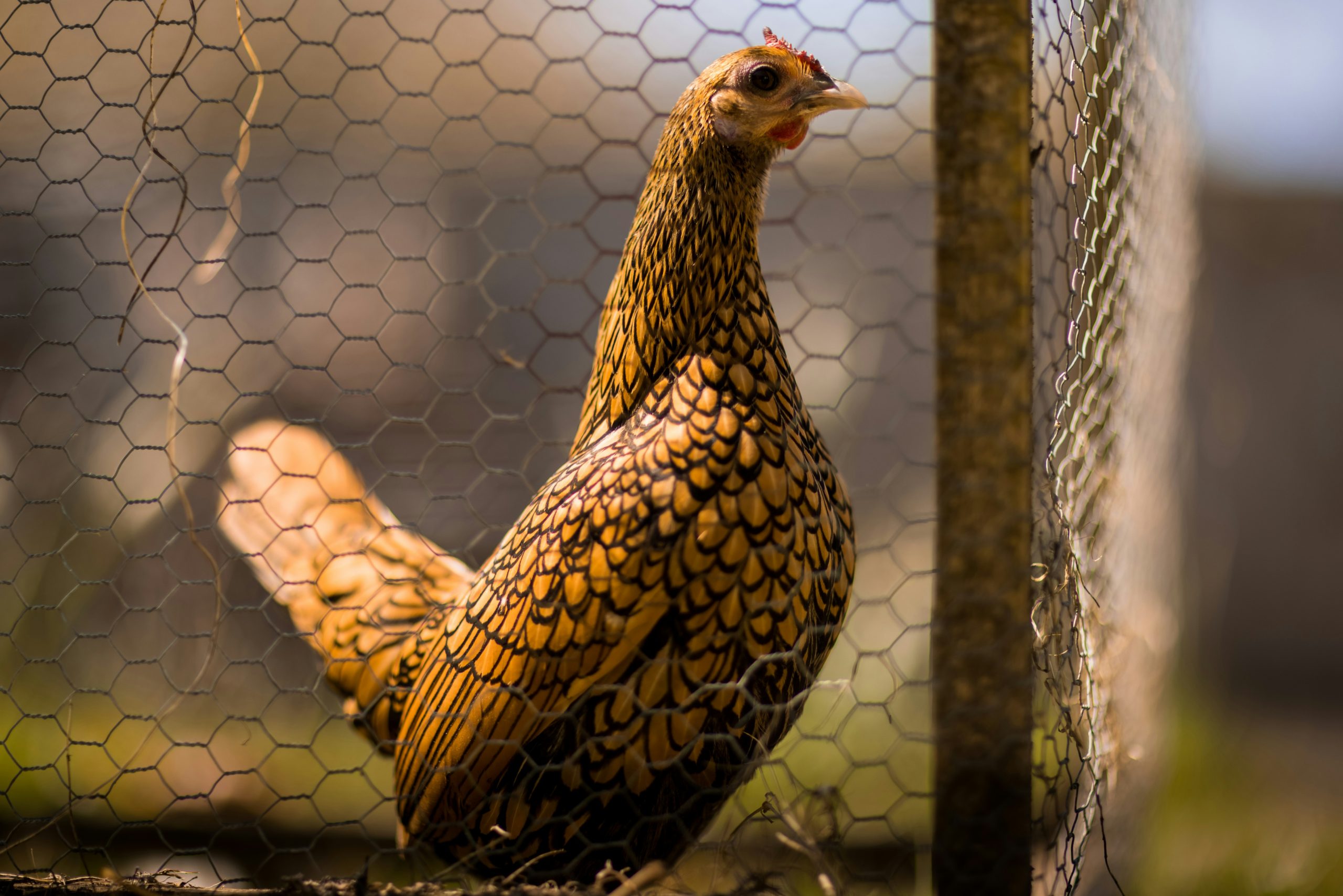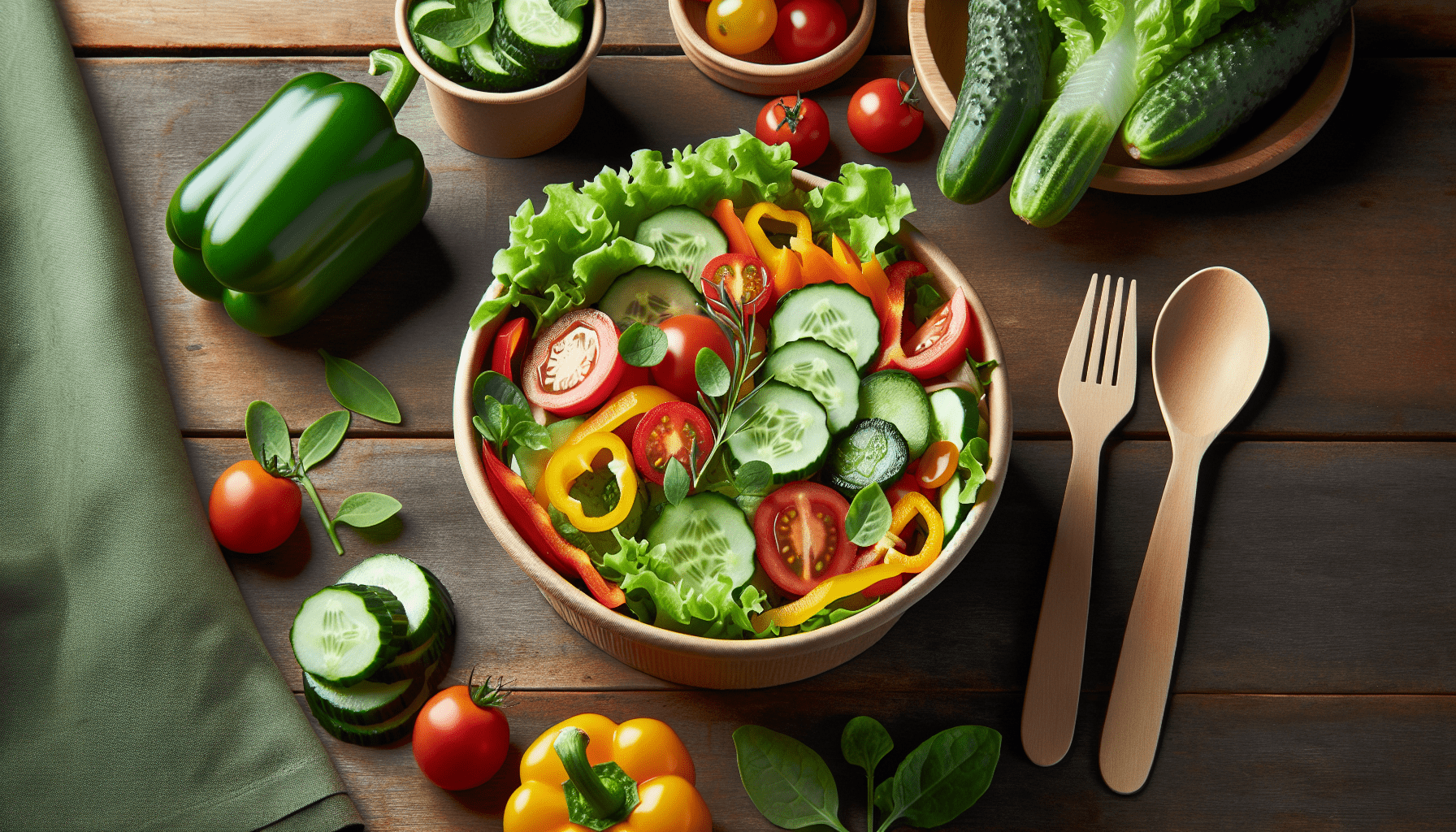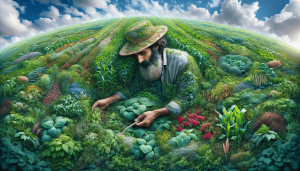In our quest to live more eco-friendly lives, we’ve been exploring ways to make our diets more sustainable. Throughout this journey, we’ve discovered the significant impact our food choices have on the planet and how simple changes can make a big difference. We’ve learned that opting for local and seasonal ingredients, reducing meat consumption, and minimizing food waste are all crucial steps towards a greener diet. Together, we can create a healthier world for ourselves and future generations by making mindful and sustainable choices at every meal. How Can We Make Our Diet More Sustainable?
Have you ever wondered how we can make our diet more sustainable? This is an important question in today’s world, where environmental concerns and health awareness are increasingly at the forefront of our collective consciousness. A sustainable diet isn’t just good for our health but also beneficial for the planet. So, how can we make changes in our daily habits to ensure our diet is more eco-friendly? Let’s explore this together.

Understanding a Sustainable Diet
Before we dive into the specifics, it’s crucial to understand what we mean by a sustainable diet. Essentially, it’s a way of eating that has minimal impact on our environment while promoting health and well-being. Sustainable diets are rich in plant-based foods, lower in animal-based products, and mindful of waste and resource consumption. This shift not only preserves natural resources but also supports biodiversity and reduces greenhouse gas emissions.
Environmental Impact
When we talk about sustainability, considering the environmental impact of our food choices is critical. The production, processing, and transportation of food collectively contribute significantly to the deforestation, loss of biodiversity, and pollution. For example, red meat production is one of the largest contributors to greenhouse gas emissions. By understanding the environmental impact, we can make more informed choices that benefit both our health and the planet.
Health Benefits
A sustainable diet is not just good for the planet; it’s also beneficial for our health. Diets high in plant-based foods like fruits, vegetables, nuts, and whole grains have been linked to lower risks of chronic diseases such as cardiovascular disease, diabetes, and certain cancers. By balancing our diet, we can improve our overall health while also supporting sustainability.
How to Transition to a Sustainable Diet
Now that we know what a sustainable diet entails, let’s explore some practical ways to transition to one.
Incorporate More Plant-Based Foods
One of the simplest ways to make our diet more sustainable is to incorporate more plant-based foods. This doesn’t mean we have to become vegetarians or vegans overnight, but reducing our meat consumption even slightly can have a significant impact.
Benefits of Plant-Based Diets
- Lower Greenhouse Gas Emissions: Plant-based diets tend to have lower carbon footprints.
- Less Resource Intensive: Growing plants typically require fewer resources such as water and land compared to raising livestock.
- Healthier Outcomes: Diets high in plants are often rich in nutrients and fiber, promoting better health.
Reduce Meat and Dairy Consumption
Reducing meat and dairy doesn’t mean eliminating them. Instead, it’s about eating these products more mindfully. Opt for quality over quantity by choosing meat and dairy from sustainable sources, such as grass-fed, organic, or locally produced options.
Tips for Reducing Meat and Dairy:
- Meatless Mondays: Start by dedicating one day a week to plant-based meals.
- Smaller Portions: Cut down portion sizes of meat and dairy in your meals.
- Experiment with Alternatives: Explore plant-based proteins like beans, lentils, tofu, and tempeh.
Support Local and Seasonal Foods
Buying local and seasonal foods can significantly reduce the carbon footprint associated with food transportation and storage. Local produce is also fresher and often contains fewer preservatives.
Why Choose Local and Seasonal?
- Reduced Transportation Emissions: Less distance traveled means fewer emissions.
- Support Local Farmers: Helps sustain the local economy and farmers.
- Fresher Produce: Seasonal foods are often fresher and more nutrient-dense.
Minimize Food Waste
Food waste is a massive problem globally. By reducing food waste, we can make a considerable impact on sustainability. Simple steps like planning meals, storing food properly, and using leftovers creatively can help minimize waste.
Strategies to Reduce Food Waste:
- Meal Planning: Plan your meals ahead to buy only what you need.
- Proper Storage: Store food correctly to extend its shelf life.
- Creative Cooking: Use leftovers in soups, salads, or new recipes.
Choose Sustainable Seafood
If we consume seafood, choosing sustainable options is crucial. Overfishing threatens marine ecosystems, so opting for seafood that is farmed or caught sustainably can help maintain the balance.
Sustainable Seafood Choices:
- Look for Certifications: Choose seafood with certifications like MSC (Marine Stewardship Council) or ASC (Aquaculture Stewardship Council).
- Diversify Choices: Diversify the types of seafood to reduce the pressure on popular species.
- Check Sustainability Guides: Refer to sustainability guides to make informed choices.
The Role of Organic and Fair Trade
In addition to local and seasonal choices, opting for organic and fair trade products can also promote sustainability. These labels ensure that the products are produced ethically and without harmful chemicals.
Organic Foods
Organic farming avoids synthetic pesticides and fertilizers, which can be damaging to the environment. Organic farms also tend to promote better soil health and biodiversity.
Benefits of Organic Foods:
- Healthier Soil: Organic farming practices improve soil health.
- Reduced Chemical Usage: Avoids synthetic pesticides and fertilizers.
- Supports Biodiversity: Promotes a diverse range of plant and animal life.
Fair Trade Products
Fair Trade certification ensures that producers in developing countries receive fair wages and operate under fair working conditions. This helps in promoting sustainability at a global level.
Why Choose Fair Trade?
- Ethical Practices: Ensures ethical treatment of workers.
- Economic Benefits: Provides a fair price to producers, supporting their communities.
- Environmentally Friendly: Often involves sustainable farming practices.
Mindful Eating and Portion Control
Another aspect of a sustainable diet is mindful eating. This means eating with intention and awareness, which can lead to better food choices and reduced waste.
Benefits of Mindful Eating
- Better Digestion: Eating slowly improves digestion.
- Reduced Overeating: Being mindful helps us recognize satiety cues.
- Enjoyment: Allows us to savor our food more, making meals more enjoyable.
Practice Portion Control
Eating moderate portions is not only good for our health but also reduces food waste. By controlling our portions, we can ensure we use food efficiently and avoid throwing away leftovers.
Techniques for Portion Control:
- Use Smaller Plates: Helps in naturally reducing portion sizes.
- Listen to Hunger Cues: Pay attention to when we feel full.
- Avoid Super-Sizing: Avoid the temptation to choose larger portions than necessary.

Reducing Packaging and Plastic Use
The packaging of our food plays a significant role in sustainability. Reducing the use of plastic and opting for eco-friendly packaging can help minimize environmental impact.
How to Reduce Packaging:
- Bring Reusable Bags: Use cloth bags for groceries.
- Avoid Single-Use Plastics: Opt for products with minimal or biodegradable packaging.
- Buy in Bulk: Purchasing in bulk reduces the amount of packaging needed.
Cooking and Eating Out Sustainably
Not only do our food choices matter, but how we prepare and consume them is important too. Sustainable cooking and dining practices can complement our efforts to eat sustainably.
Sustainable Cooking Practices
- Energy-Efficient Appliances: Use appliances that consume less energy.
- Batch Cooking: Prepare meals in bulk to save time and energy.
- Use Leftovers: Incorporate leftovers into new meals to avoid waste.
Eating Out Sustainably
- Choose Restaurants Wisely: Opt for places that prioritize locally sourced and sustainable ingredients.
- Support Eco-Friendly Businesses: Patronize businesses that follow sustainable practices.

Educating and Involving the Community
Lastly, sharing our knowledge and enthusiasm for sustainable diets with others can amplify our impact. Engaging with our community can inspire collective action.
Ways to Involve the Community:
- Host Workshops: Organize cooking classes or workshops focused on sustainable eating.
- Community Gardens: Participate in or start a community garden.
- Share Resources: Share recipes, tips, and resources on social media or community boards.
Conclusion
Transitioning to a more sustainable diet is a journey that benefits both our health and the planet. By incorporating plant-based foods, reducing meat and dairy consumption, supporting local and seasonal products, minimizing food waste, choosing sustainable seafood, and embracing mindful eating, we can make a significant impact.
Additionally, choosing organic and fair trade products, reducing packaging, and promoting sustainable cooking and dining can enhance our efforts. Finally, educating and involving the community ensures that our actions resonate beyond our individual choices, fostering a larger movement towards sustainability.
So, let’s take these steps together for a healthier future for ourselves and the planet. After all, every bite counts.




